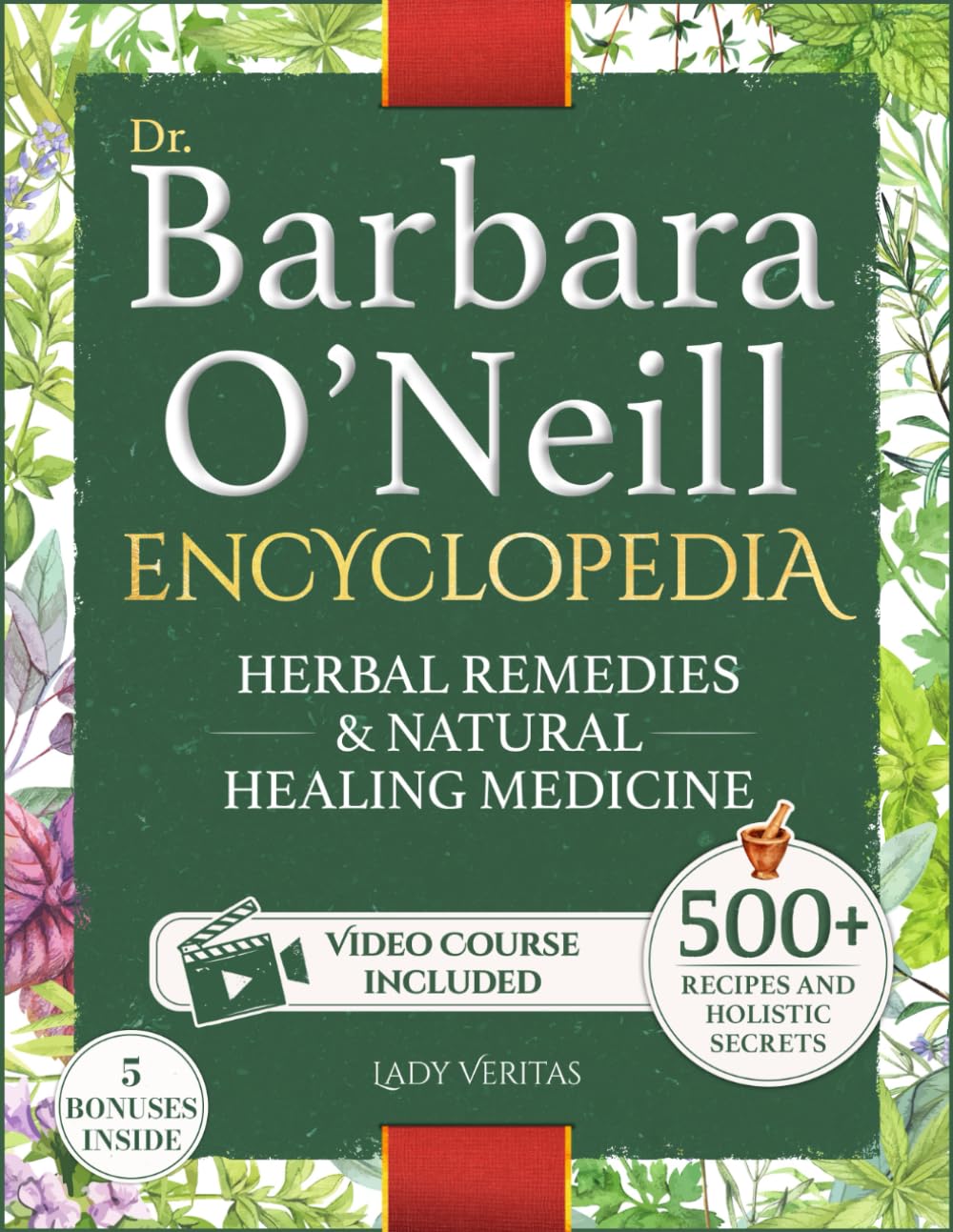Women over 50 have unique fitness needs and should focus on a combination of aerobic activity, strength training, and flexibility exercises to ensure they stay active, healthy, and strong. Regular physical activity can help reduce the risk of many health conditions and diseases, including heart disease, diabetes, and osteoporosis. It can also help with weight management, improve energy levels, and reduce stress and anxiety.
As we age, our bodies go through many changes. It’s important to understand how to adjust our fitness routines to ensure we stay healthy and fit as we age. Women over 50 should focus on a combination of aerobic activity, strength training, and flexibility exercises to ensure they stay active, healthy, and strong.
Benefits of Exercise for Women Over 50
Exercise is beneficial for all ages, but especially for women over 50. Regular physical activity can help reduce the risk of many health conditions and diseases, including heart disease, diabetes, and osteoporosis. Exercise can also help with weight management, improve energy levels, and reduce stress and anxiety.
Types of Exercise for Women Over 50
The ideal exercise regimen for women over 50 should include aerobic activity, strength training, and flexibility exercises.
Aerobic Activity
Aerobic exercise refers to any form of physical activity that gets your heart pumping and increases your breathing rate. It's also known as cardio exercise or cardiorespiratory exercise. Aerobic activity therefore helps to improve cardiovascular health and can be done at a moderate or vigorous level.
Examples of aerobic activities include walking, running, cycling, swimming, and dancing. Aim for at least 150 minutes of moderate-intensity aerobic activity or 75 minutes of vigorous-intensity aerobic activity each week.
Now, let's talk about the benefits of aerobic exercise for women over 50
Improved Cardiovascular Health:
Aerobic exercises, such as brisk walking, jogging, cycling, or swimming, help strengthen the heart and improve overall cardiovascular health. Regular aerobic workouts can lower the risk of heart disease, high blood pressure, and stroke.
Weight Management:
As we age, maintaining a healthy weight becomes more challenging. Engaging in aerobic exercises regularly can help burn calories and maintain a healthy weight. It boosts your metabolism, promotes fat loss, and preserves lean muscle mass.
Increased Bone Density:
Aging can lead to a decline in bone density, making women more susceptible to osteoporosis and fractures. Weight-bearing aerobic exercises, like walking, dancing, or stair climbing, can help improve bone density and reduce the risk of osteoporosis.
Enhanced Mental Well-being:
Aerobic exercise stimulates the release of endorphins, which are natural mood-lifters. Regular physical activity can alleviate symptoms of anxiety, depression, and stress. It also promotes better sleep, boosts self-esteem, and enhances overall mental well-being.
Stronger Immune System:
Engaging in moderate-intensity aerobic exercise can enhance the immune system's function. It can reduce the risk of chronic diseases and prevent infections.
Improved Cognitive Function:
Aerobic exercise has been linked to better cognitive function and a reduced risk of cognitive decline. It promotes blood flow to the brain, enhances memory, attention, and overall brain health.
Increased Energy Levels:
It may sound counterintuitive, but regular aerobic exercise can actually boost your energy levels. It improves your body's efficiency in delivering oxygen and nutrients to the muscles and organs, reducing fatigue and increasing overall vitality.
Social Interaction:
Participating in group aerobic classes or outdoor activities can provide opportunities for social interaction and create a sense of community. This can be particularly beneficial for mental health and overall well-being.
Remember, it's always a good idea to consult with a healthcare professional before starting any new exercise routine, especially if you have any underlying health conditions. They can provide personalized advice and guidance based on your specific needs.
Strength Training
Strength training helps to maintain and build muscle mass, which is important for overall health and fitness. Examples of strength training exercises include bodyweight exercises, resistance bands, weight machines, and free weights. Aim for 2-3 days of strength training each week.
Flexibility Exercises
Flexibility exercises help to improve joint mobility and can help prevent injury. Examples of flexibility exercises include yoga, Pilates, and stretching. Aim for 2-3 days of flexibility exercises each week.
Exercise is important for all ages, but especially for women over 50. A combination of aerobic activity, strength training, and flexibility exercises is the ideal exercise regimen for women over 50. This can help to reduce the risk of many health conditions and diseases, maintain muscle mass, improve energy levels, and reduce stress and anxiety.



